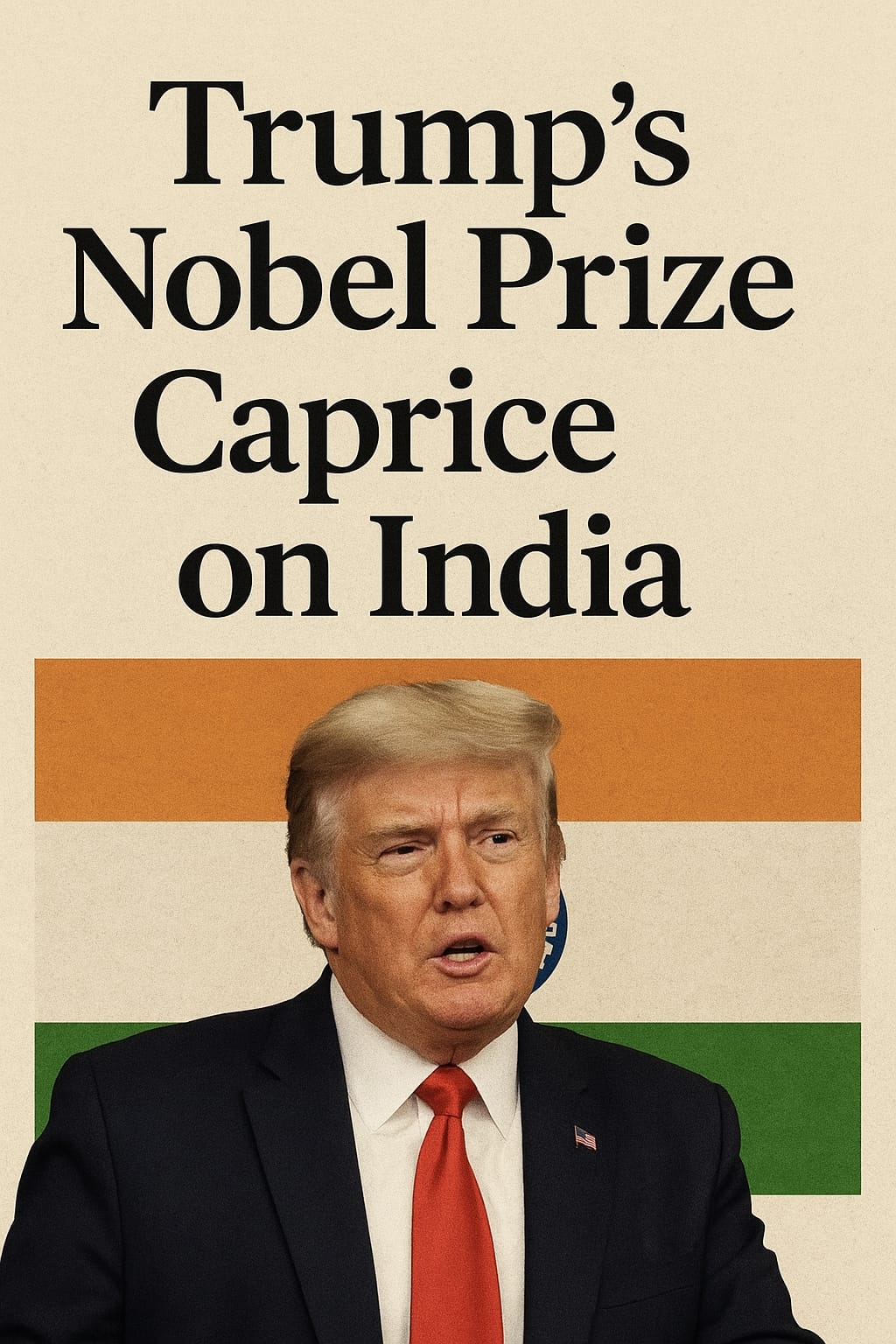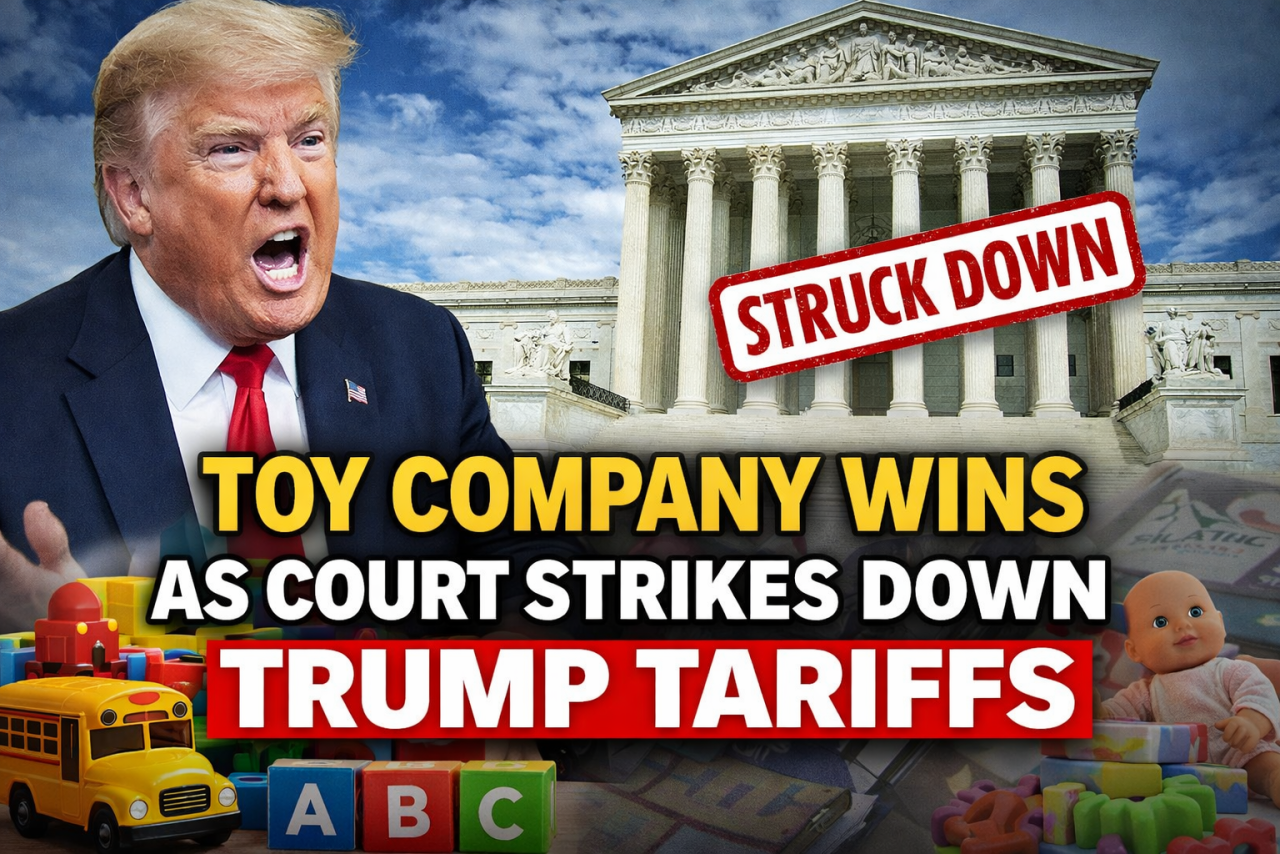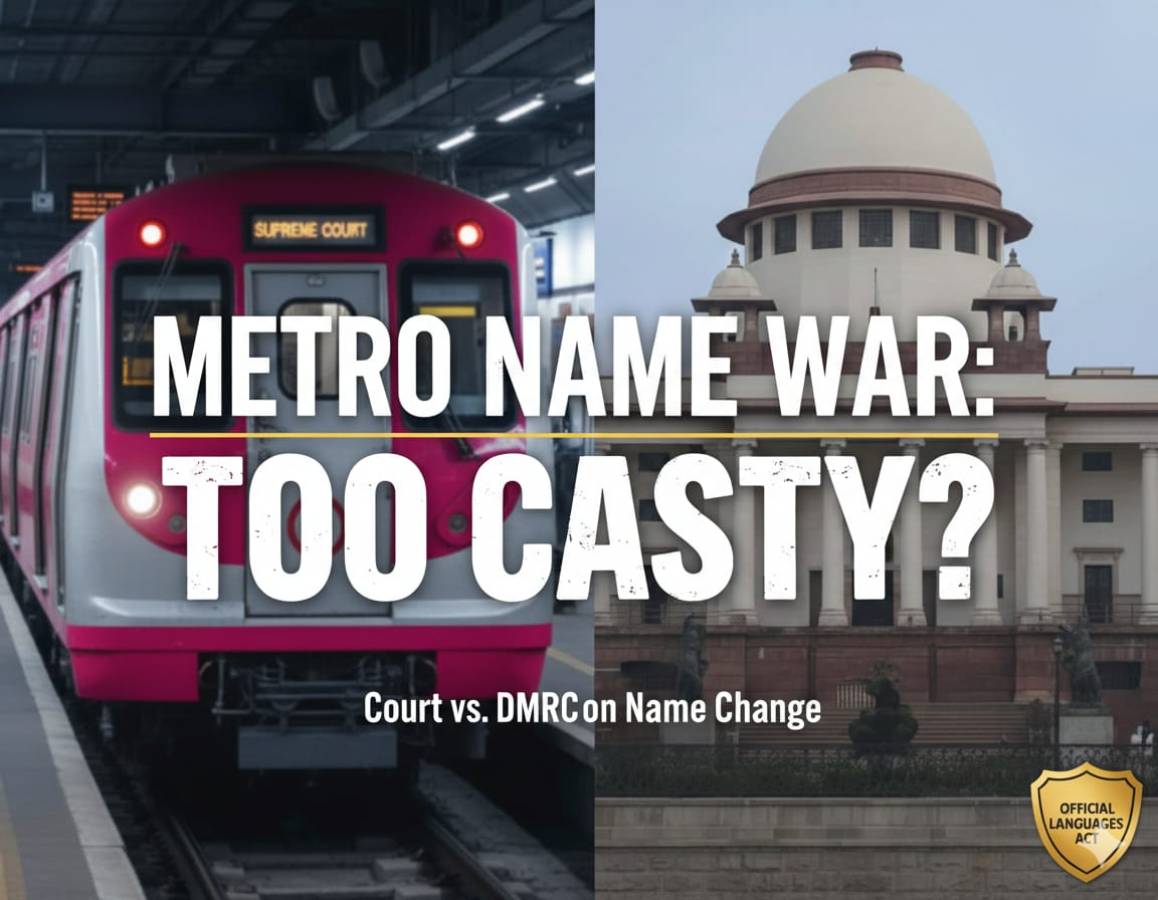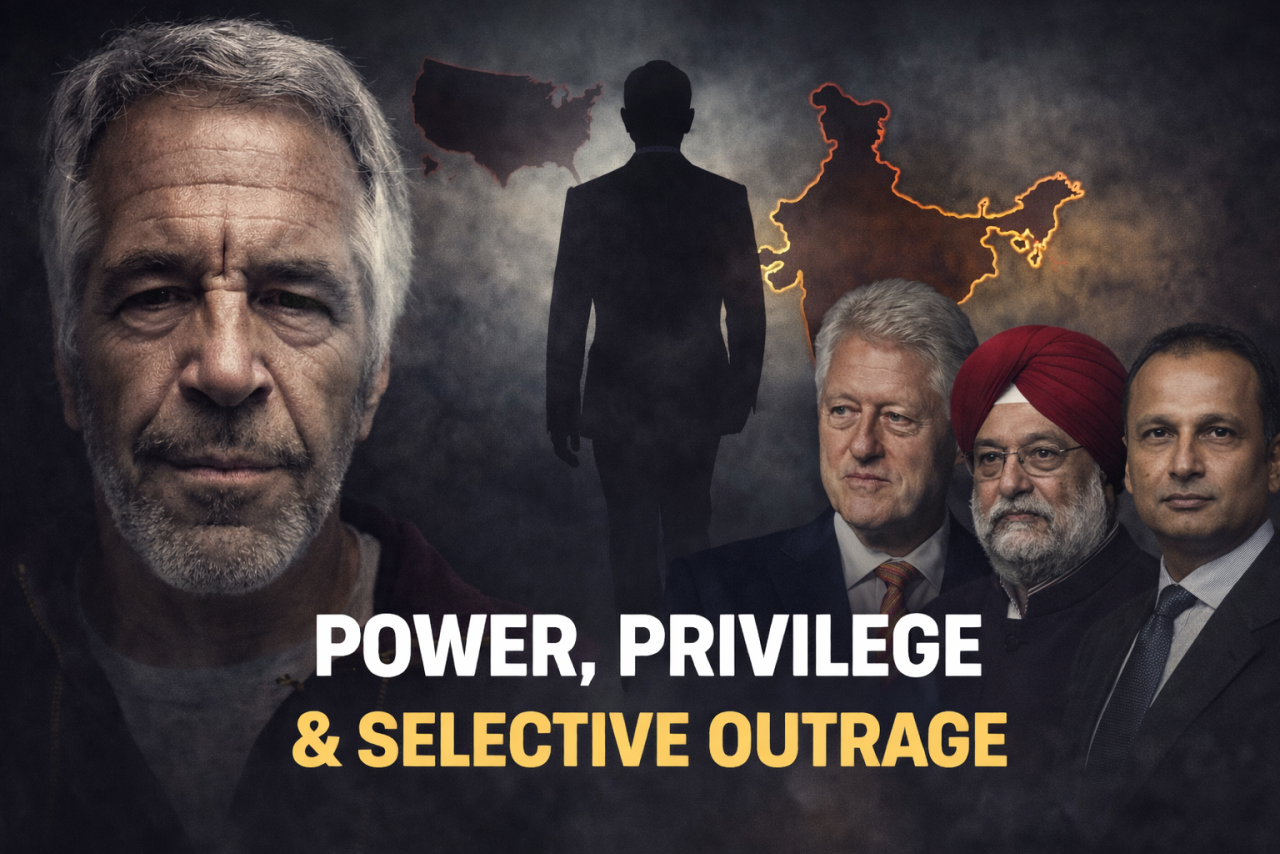
In world politics, ambition often walks hand in hand with diplomacy. Few leaders embodied this mix more vividly than United States President Donald Trump, whose choices were often driven by both national interest and personal recognition. A vivid example of this came in his pursuit of the Nobel Peace Prize, where he sought credit for reducing tensions between India and Pakistan in 2019. A report in The New York Times suggested that this ambition shaped his approach to India and influenced the tone of his diplomacy.
The matter surfaced during a phone call between Trump and Indian Prime Minister Narendra Modi on June 17, shortly after India launched Operation Sindoor in response to terrorist activities in Pakistan. Trump, in his usual confident style, claimed that he had brought an end to hostilities between the two South Asian neighbors. He went further, boasting that Pakistan was ready to nominate him for the Nobel Peace Prize. While the claim sounded extraordinary, Trump appeared convinced that his actions merited the highest recognition.
For India, the picture looked very different. Modi firmly reminded Trump that the ceasefire and reduction in military tension were the result of direct talks between India and Pakistan. Washington had played no meaningful role in the process. Modi’s response was unambiguous: India would not endorse an exaggerated account of U.S. involvement. For Trump, who had hoped for Modi’s support of his Nobel aspirations, this refusal was a setback.
Reports indicate that Trump brushed aside Modi’s remarks and persisted in presenting himself as the architect of peace. His insistence revealed how deeply personal recognition mattered to him. For Trump, the Nobel was not simply an award but a tool to boost his stature at home and abroad. He seemed to believe that being credited with calming a conflict between two nuclear powers would secure his place in history.
India, however, found Trump’s stance troubling. While the United States has long been an important partner in the region, New Delhi viewed his claims as an unwelcome intrusion. Officials emphasized that the crisis had been managed bilaterally, without foreign mediation. Modi’s refusal to validate Trump’s claims underscored India’s insistence on strategic independence and its wariness of outside interference.
The episode strained the personal chemistry between Modi and Trump. Though both leaders maintained warm public appearances, Trump’s fixation with the Nobel overshadowed more substantive dialogue. Issues of real importance, including trade, investment, and defense cooperation, were often sidelined as he circled back to his supposed role in securing peace. According to reports, several discussions during that period failed to move forward because of his repeated focus on recognition.
This incident illustrates a broader truth about diplomacy: personal ambition can alter the course of statecraft. In Trump’s case, the lure of the Nobel Prize clouded his ability to manage a sensitive regional matter with subtlety. Instead of concentrating on long-term U.S. interests, he allowed a personal goal to dominate his dealings with one of Washington’s key partners.
In hindsight, Trump’s pursuit of the Nobel may appear trivial when compared with the security challenges South Asia continues to face. Yet the episode shaped how India viewed his presidency. It reminded New Delhi that, while global powers can exert influence, India must ultimately rely on its own judgment to safeguard sovereignty and security.
Trump’s fixation with the Nobel Prize stands as a revealing case of how personal ambition can collide with global diplomacy. For India, it reinforced the importance of standing firm in the face of external pressure. For the wider world, it offered another glimpse of a leader whose personality often overshadowed his politics.





















